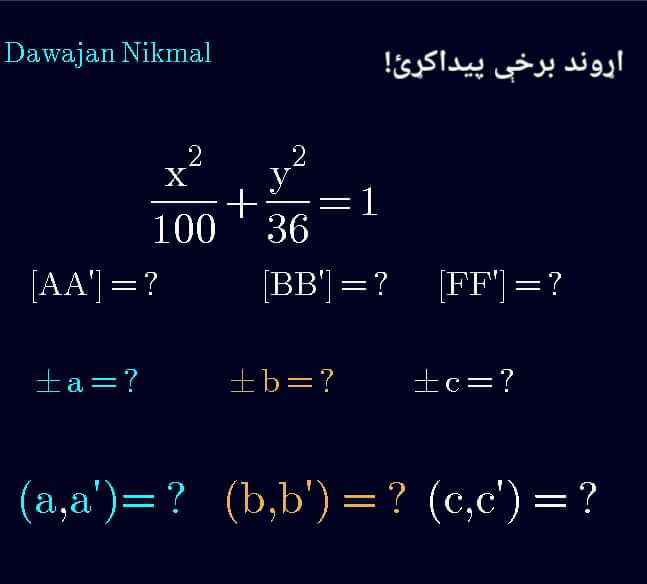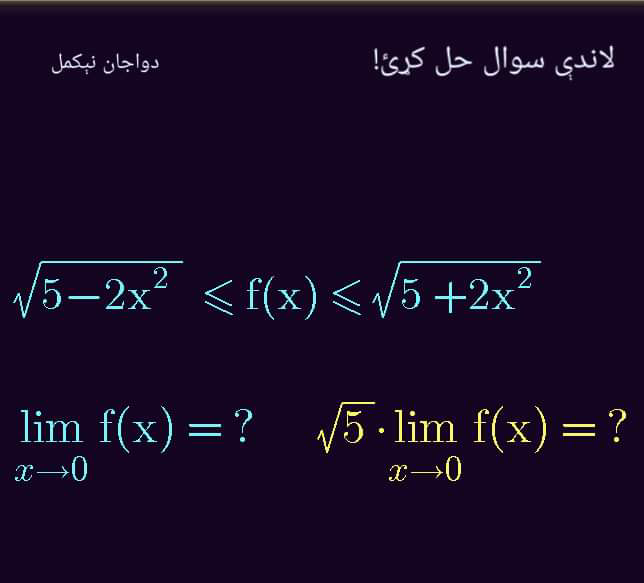
AllQuestion and Answers: Page 1261
Question Number 89951 Answers: 0 Comments: 1
Question Number 89950 Answers: 0 Comments: 1

Question Number 89946 Answers: 1 Comments: 0
Question Number 89958 Answers: 0 Comments: 1
Question Number 89956 Answers: 0 Comments: 1
Question Number 89938 Answers: 0 Comments: 1
Question Number 89937 Answers: 0 Comments: 1
Question Number 89936 Answers: 1 Comments: 0
Question Number 89934 Answers: 0 Comments: 0
Question Number 89928 Answers: 1 Comments: 0

Question Number 89925 Answers: 0 Comments: 0
Question Number 89922 Answers: 0 Comments: 2

Question Number 89918 Answers: 0 Comments: 1
Question Number 89913 Answers: 1 Comments: 1

Question Number 89908 Answers: 0 Comments: 6
Question Number 89907 Answers: 1 Comments: 0
Question Number 89906 Answers: 1 Comments: 0
Question Number 89898 Answers: 0 Comments: 3
Question Number 89896 Answers: 0 Comments: 4

Question Number 89891 Answers: 0 Comments: 1
Question Number 89882 Answers: 2 Comments: 0

Question Number 89878 Answers: 1 Comments: 1
Question Number 89874 Answers: 0 Comments: 0
Question Number 89852 Answers: 1 Comments: 0

Question Number 89849 Answers: 3 Comments: 1

Question Number 89848 Answers: 0 Comments: 1
Pg 1256 Pg 1257 Pg 1258 Pg 1259 Pg 1260 Pg 1261 Pg 1262 Pg 1263 Pg 1264 Pg 1265
